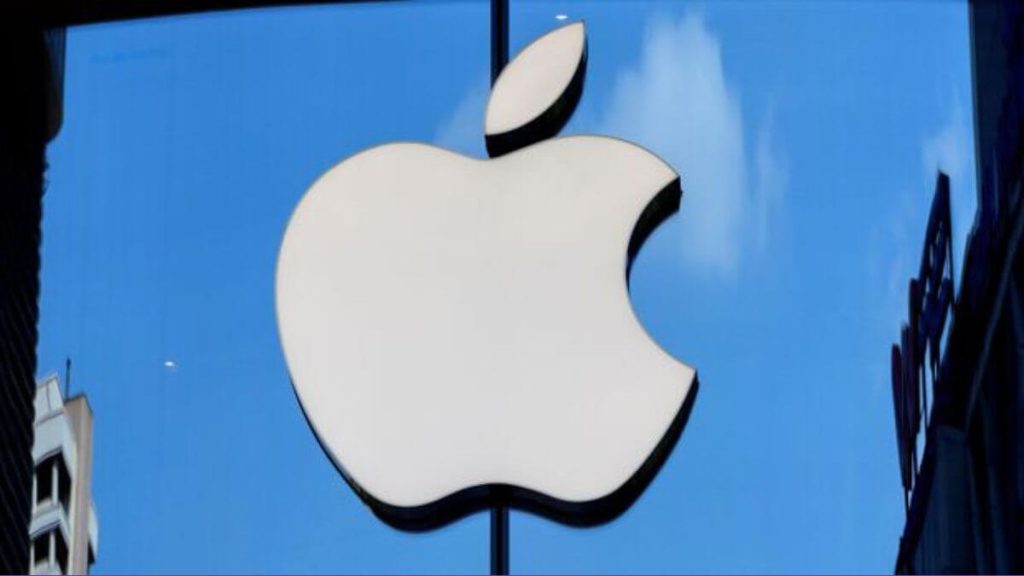In a strategic move, Apple has recently acquired DarwinAI, a Canadian AI startup with a focus on vision-based technology for enhancing manufacturing efficiency. Although the acquisition has not been officially announced, several DarwinAI team members have updated their LinkedIn profiles to indicate that they joined Apple’s machine learning teams earlier this year.
About DarwinAI
DarwinAI, founded in 2018, has been at the forefront of developing innovative solutions for manufacturing processes. Here are some key points about the startup:
Vision-Based Technology: DarwinAI uses computer vision techniques to optimize manufacturing components and processes. By analyzing visual data, they identify areas for improvement, reduce defects, and enhance overall efficiency.
Smaller and Faster AI Models: Beyond manufacturing, DarwinAI also focuses on making AI models smaller and faster. This expertise aligns with Apple’s goal of improving on-device AI features.
Enhanced Quality Control: Imagine a hawk-eyed AI system that can detect minute defects or inconsistencies in real time. DarwinAI’s technology can identify these issues early on, preventing faulty components from being integrated into final products. This translates to a significant boost in product quality.
Streamlined Production Lines: DarwinAI’s AI can help prevent production slowdowns caused by defective components. This allows for smoother operation and potentially higher output.
Predictive Maintenance: The AI can analyze data collected over time to predict potential equipment failures before they occur. This enables proactive maintenance, minimizing downtime and ensuring consistent production.
Funding and Investors: The startup had raised over $15 million from investors such as BDC Capital’s Deep Tech Venture Fund, Honeywell Ventures, Obvious Ventures, and Inovia Capital.
Beyond Manufacturing: Smaller, Faster AI
DarwinAI’s capabilities extend beyond just quality control. The company has also developed techniques for optimizing AI models, making them smaller and faster. This is particularly interesting in the context of Apple’s rumored plans to introduce on-device AI features in the upcoming iOS 18 update.
Traditionally, AI features rely on powerful cloud servers. However, DarwinAI’s technology could allow Apple to embed efficient AI models directly on iPhones and iPads. This would enable a new generation of on-device AI experiences without relying on constant internet connectivity.
Both Google and Microsoft have AI models that can operate on both cloud platforms and devices like smartphones and laptops. Google has integrated AI into devices such as the Pixel 8 Pro and the Samsung Galaxy S24 series, while Microsoft is progressively introducing Copilot capabilities into Windows 11.
Apple’s Growing AI Focus
Apple’s acquisition of DarwinAI holds several implications:
Manufacturing Efficiency: By integrating DarwinAI’s technology, Apple aims to enhance its manufacturing processes. This could lead to better quality control, reduced waste, and increased productivity.
On-Device AI: Smaller and faster AI models are crucial for on-device features. As Apple continues to invest in AI, DarwinAI’s expertise will likely contribute to future iOS updates.
Competitive Edge: While Apple has been cautious in rolling out AI-powered features compared to competitors, this acquisition signals the company’s commitment to staying competitive in the AI landscape.
This acquisition is a strategic move for Apple, solidifying its position at the forefront of technological innovation. By leveraging AI in both manufacturing and on-device functionalities, Apple is poised to shape the future of consumer electronics.

